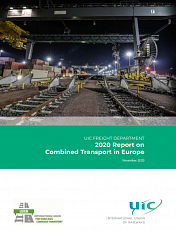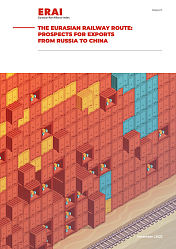This is an initiative of Stena Line, LKW Walter, Rostock Port and CFL multimodal. It connects the RTM Terminal at the Baltic Sea port with the intermodal terminal in Luxembourg. From here, the new line links with existing rail corridors (Lyon, Le Boulou), while in Rostock it connects with ferry lines to Trelleborg in Sweden.
France, Spain and Great Britain
«As a Ferry and RoRo-Hub with connections to many Baltic Sea destinations, Rostock Port expands its hinterland not only to the BeNeLux countries but via connecting trains also to France, Spain and Great Britain respectively. We believe in the huge growth potential of this intermodal train for different kinds of cargo and thank CFL multimodal, Stena Line and LKW Walter for their great efforts», says Gernot Tesch, Managing Director of Rostock Port.
«We have seen a strong demand among our customers for a regular intermodal service to and from the southern part of Western Europe including France and Spain to and from Scandinavia. We see great potential in both directions with industry products such as wood, paper and steel from the north and fresh food, fruit and vegetables and consumer products from the south», says Fredrik Johansson, Shipping Logistics Sales & Business Development Manager at Stena Line Group.





